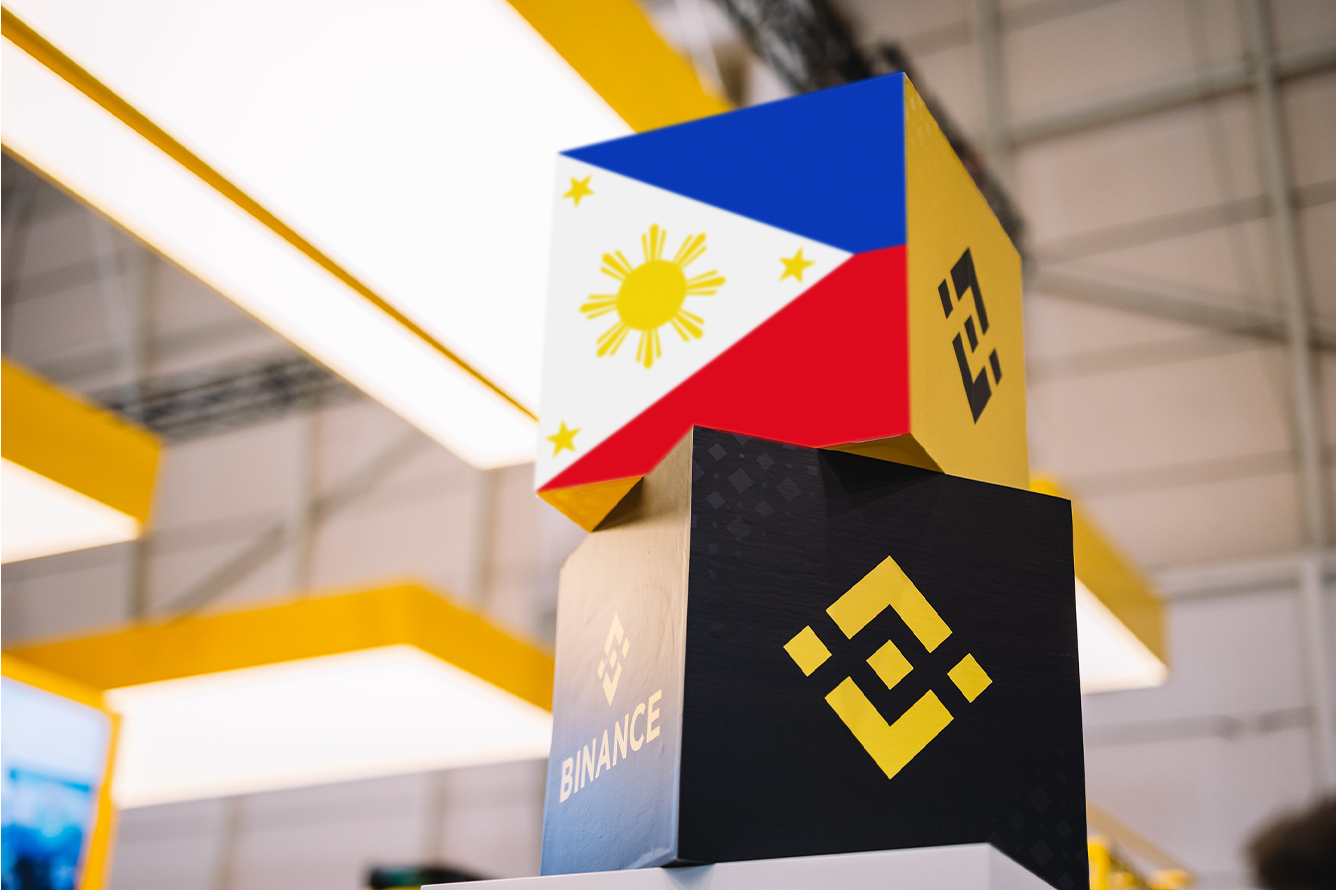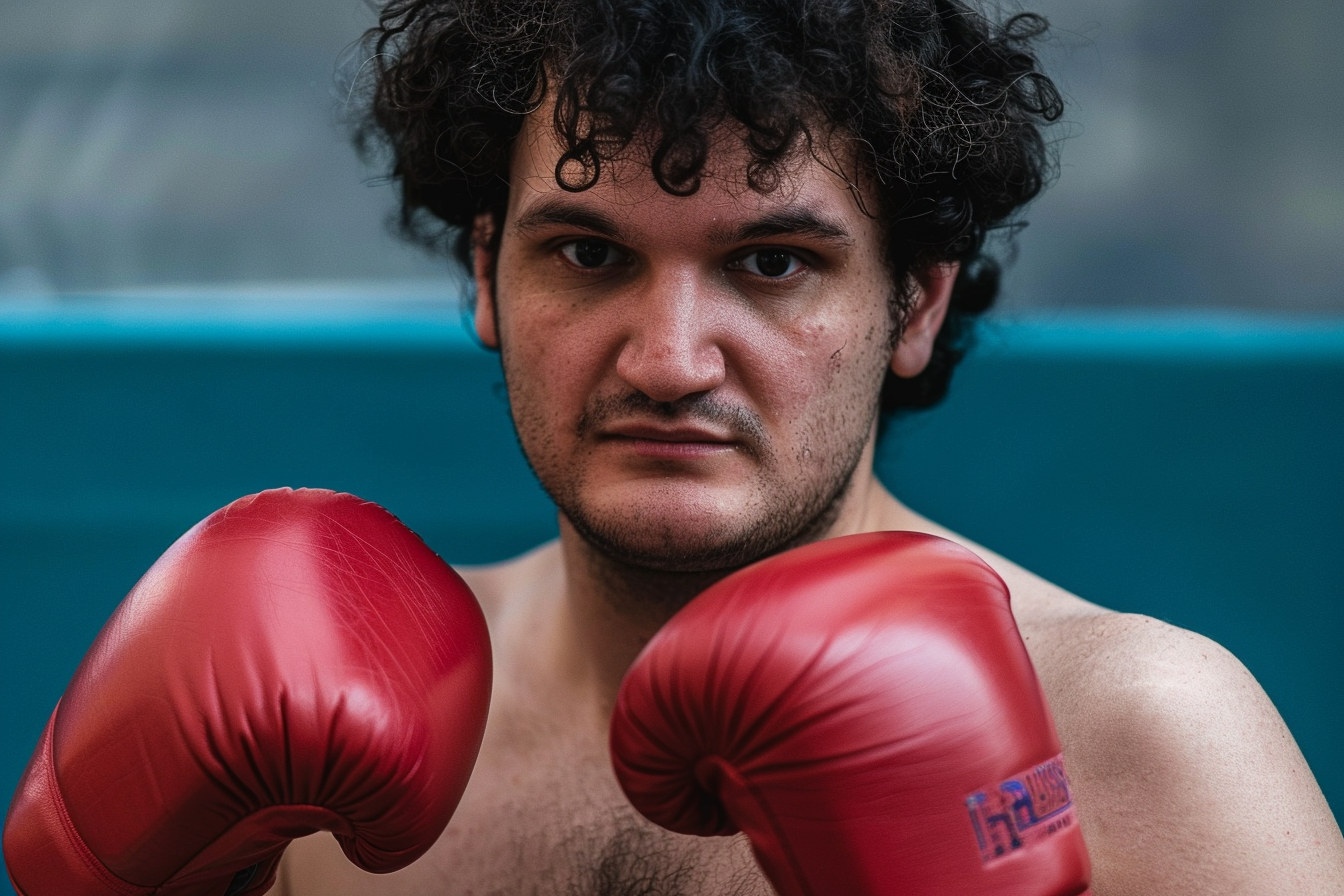Table of Contents
The Philippines Securities and Exchange Commission (SEC) is set to introduce its crypto framework by year-end.
SEC Chairperson Emilio B. Aquino told reports that the regulator will "come up with a framework" and will "issue it by the second half of this year."
Its guidelines aim to regulate the crypto industry in the Philippines while prioritizing investor protection.
Binance, the world's biggest crypto exchange, was blocked in the Philipines last month. Aquino said the Philippine public’s continued access to Binance sites and apps “poses a threat to the security of the funds of investing Filipinos” and ordered Google and Apple to remove the Binance app from their stores.
In November, the SEC warned citizens against using the crypto exchange, which was put on notice for operating without a license.

Aquino said the regulator was just "doing its job" in blocking Binance. “I know there are still some investors who we are not even stopping because they’re going to it via virtual private networks. They still can. But nobody gets to blame us. Maybe others might say that we didn’t do anything to stop these apps,” he said.
He emphasized the importance of crypto platforms obtaining the required licenses before operating, as mandated by Republic Act No. 8799, also known as the Securities Regulation Code (SRC).
“They have to secure the required licenses because the intention is to be able to run after them to exact their obligations. That is just where we are coming from. We’re not singling out any of these platforms. That’s our direction,” he said.
Referencing the collapse of FTX, Aquino added that the regulator is limited to local law in pursuing actions against entities operating outside the country.

“It is different for us. Our laws just say that the sale and offering of securities made within the Philippines… That is the only capability we have. We cannot run after people outside,” he said.
“We have learned from the experience of what happened to FTX. Many Americans were ‘burned’ there. But what’s good about it is that they have the long-arm statute. If you make an offering to an American anywhere in the world, they can pursue legal action against you,” he added.










